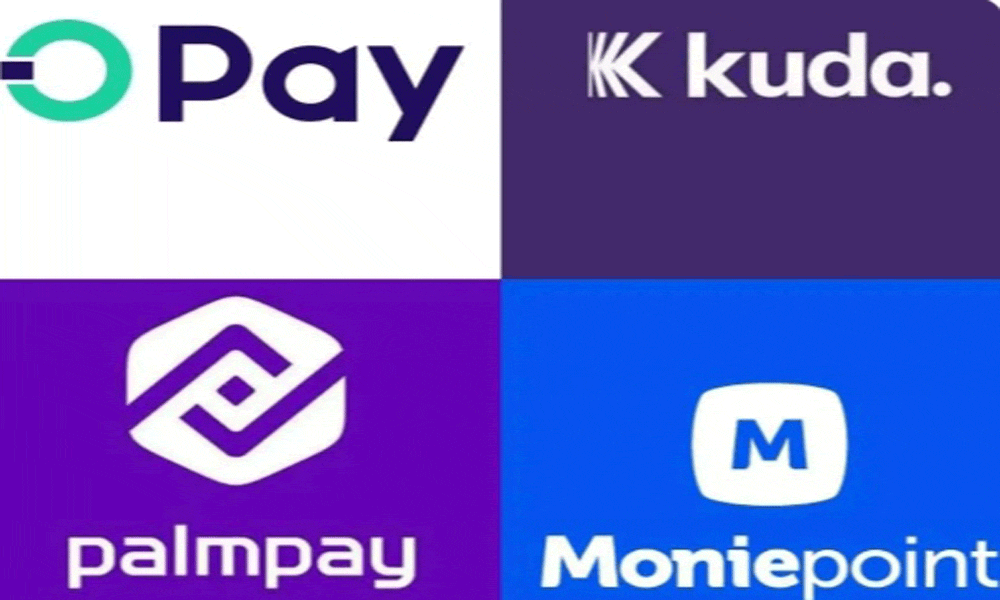Lagos Ranks Number One City for Online Shoppers in Sub-Saharan Africa
According to the report, Lagos (Nigeria) emerged as the top African city with the highest volume of electronic commerce (eCommerce) orders in Africa. Cairo (Egypt) ranked second on the list, followed...

According to the report, Lagos (Nigeria) emerged as the top African city with the highest volume of electronic commerce (eCommerce) orders in Africa.
Cairo (Egypt) ranked second on the list, followed by Nairobi (Kenya) in the third position.
The best-selling products include power bank, body wash, sugar, peas, face masks and rice.
For a place with such nice weather, you’d think its residents would spend more time hitting the outdoor malls than shopping online. But according to a whitepaper titled: “Towards a flourishing digital economy for all – a spotlight on Africa,” Lagos is the number one city for online shoppers in Sub-Saharan Africa.
The report, which ranks cities based on the highest volume of electronic commerce (eCommerce) orders, ranked Cairo (Egypt) in the second position, followed by Nairobi (Kenya) in the third position. Below are the top 10 African cities by order volume.
- Lagos – Nigeria
- Cairo – Egypt
- Nairobi – Kenya
- Casablanca – Morocco
- Abidjan – Cote d’ Ivoire
- Giza – Egypt
- Abuja – Nigeria
- Accra – Ghana
- Kampala – Uganda
Further insights from the report showed that (21%) of orders on the continent were for fashion products, followed by Beauty products (15%). Home products represented (12%) of online orders in Africa, while food delivery, and digital services represented 12% each. FMCGs represented (10%), Mobile phones (8%), Electronics (7%) and others three per cent.
The best-selling products include power bank, body wash, sugar, peas, face masks and rice.
While eCommerce is booming across Africa, the report noted that four nations, Nigeria, Egypt, Kenya and South Africa, had made the most progress.
According to the report, Nigeria is home to a thriving content production sector (Nollywood, among others), driving a strong digital product market. Kenya’s market has been shaped by the success of its mobile money platforms. Kenyans now use M-PESA and others to make cashless payments at retail, pay utility bills and buy insurance and savings products.
Regarding South Africa, the report noted that the country has a much higher percentage of banked consumers, which has reduced the need for mobile money platforms. Its MNOs are also playing a key role in the evolution of its digital economy.
In terms of mobile connectivity, the whitepaper noted that Africa’s digital future and Internet access depends on the speed, reach and affordability of its cellular networks. It concluded that there will be around 120 million new subscribers by 2025, taking the total number to 615 million.









No Comment! Be the first one.